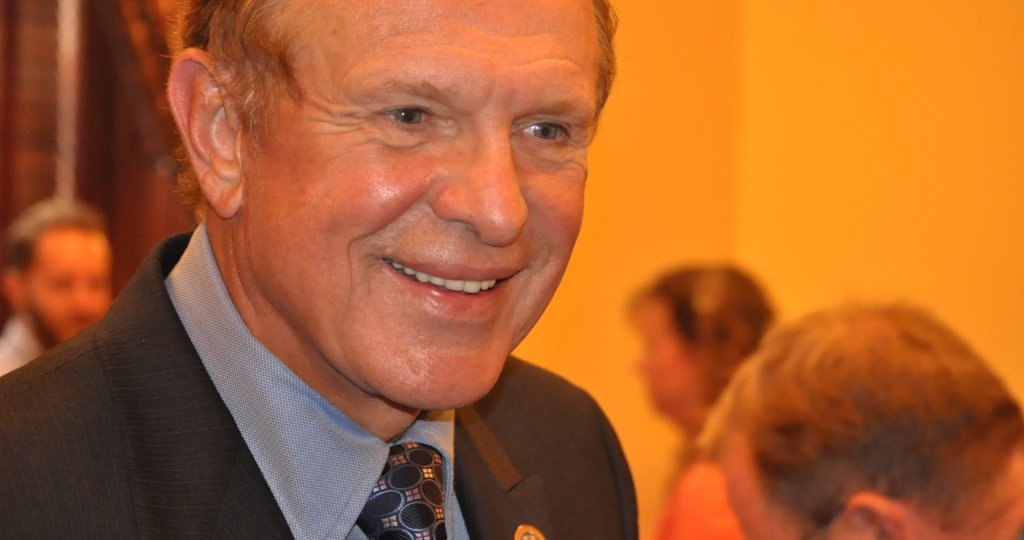
TRENTON — Continuing the fight to prevent the loss of food aid for the needy, the Senate on Monday approved a resolution directing the governor to tap unused energy funds to restore cuts in food stamps by as much as $90 per month. Sponsored by Senator Raymond Lesniak and Senator Joe Vitale, the Senate resolution, SCR-141, was approved with a vote of 26 – 2.
“The poor and the needy are struggling to make ends meet and to feed their families,” said Senator Lesniak. “Failing to take this action will take food off the tables of hungry people, including children. This shouldn’t be allowed to happen in America and it shouldn’t be allowed in New Jersey. We have the ability to do something about it and it would be unconscionable if we don’t.”
New Jersey is one of only four states in the country failing to act to prevent these cuts (See here).
Senator Lesniak said that an estimated 160,000 families could lose the food aid without action.
Under the federal Agriculture Act of 2014, households must receive more than $20 annually in energy assistance to maintain eligibility for full SNAP benefits. The formula for the “Heat & Eat” program, that uses heating assistance for the poor to determine qualification for the federal Supplemental Nutrition Assistance Program, was changed by Congress to require payments of at least $21 a year for recipients to continue to receive full SNAP benefits. By spending $3.2 million in federal funds in the state’s energy assistance program, New Jersey would continue to qualify for the additional $53 million to feed those in need.
“These are the most vulnerable people in the state, including families with children who often don’t know where their next meal is coming from,” said Senator Joe Vitale, a co-sponsor of the legislation. “It’s also good for the economy. The federal dollars spent on food can generate as much as $300 million in economic activity.”
The poverty rate in New Jersey continues to be rise, even as total income for the well-to-do increases, Senator Vitale noted. (See here)
The bill that would have directly provided the necessary funding was vetoed by the governor, despite the fact it was approved 36 – 1 by the Senate and 60 – 13 – 6 by the Assembly.
Concurrent resolutions do not go to the governor for approval.

